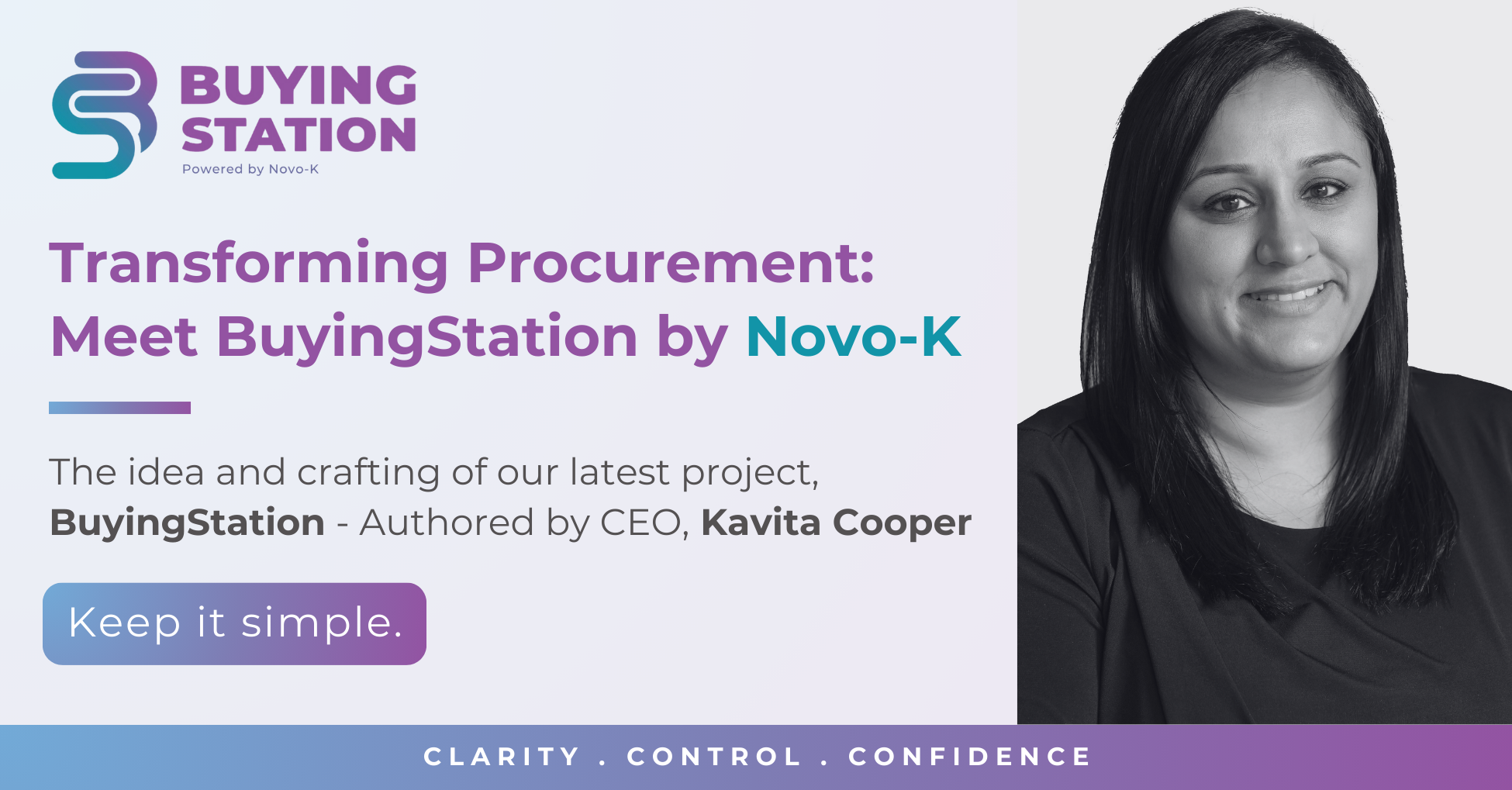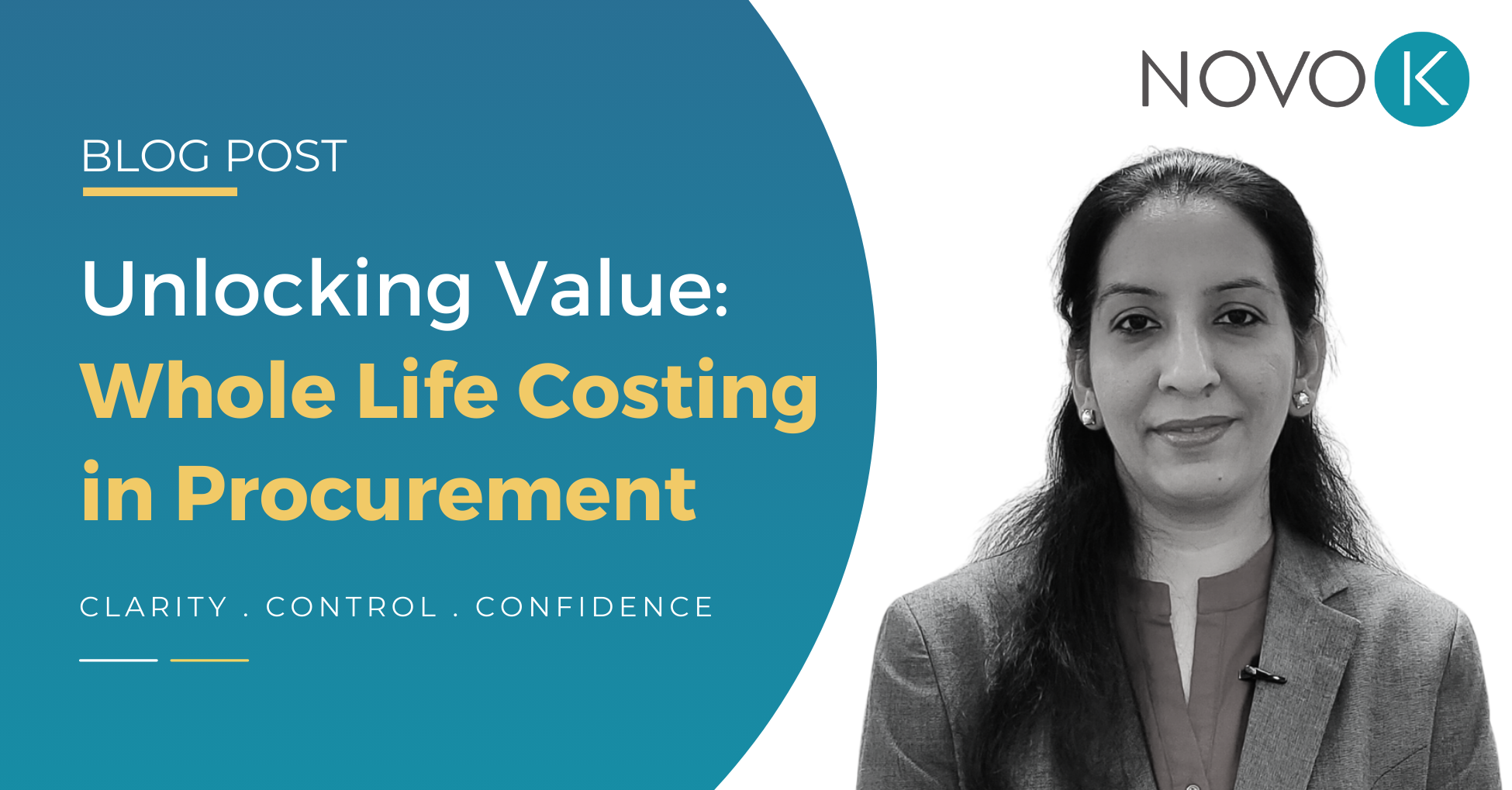
NovoK@Admin
Are your suppliers in trouble?
When the UK moved into lockdown (March 2020), Novo-K advised our clients to reach out to key suppliers and request copies of their Business Continuity Plans (BCP). This enabled our clients to gain an understanding of the impact to their business and ensure that their own BCP’s were adequate. It also meant they could then update their customers accordingly.
As lockdown took hold and the furlough scheme was announced, we found suppliers became a little more proactive at sending COVID statements and updating their websites. Then from mid-April, it was radio silence!
With restrictions being tightened and government employee support changing, it is important we reach out to understand the longer-term impact on our suppliers and the services they provide. Whilst we recommend to conduct regular risk assessments, we should keep an eye out for suppliers that are in trouble as this can sometimes occur overnight.
Alarm bells – What to look out for?
1. Payment
Are suppliers chasing for payment and requesting improvements on payments terms? If they are long standing incumbents, who have not done this before and this is unusual behaviour, it’s imperative to get in touch immediately to find out why. This behaviour, whether an new or old relationship is a clear indicator that a business is in distress, cash flow is a problem and the leadership team are scrutinising their financial accounts.
2. Service levels
Whilst we know many organisations have taken advantage of the furlough scheme, it has had a knock-on effect to service delivery. We have seen lead-times for service and goods delivery increase with some businesses having to switch off or being unable to provide Service Level Agreement (SLA) reporting. A drop in service level may be workable for the short-term but it is important to understand the supplier’s longer term plans (based on few different scenarios).
3. Lack of transparency
Whilst the furlough scheme may mean fewer account management meetings, key activity should continue. For example BCP’s should be updated or reviewed and statements regarding the impact of return to work or social distancing should be shared. If a supplier has become quiet, less engaged and providing lots of excuses, then we should question why they are avoiding us, what are they not telling us and whether we need to take immediate action to gain more clarity.
Why are regular risk assessments critical?
As we navigate through the fallout and ongoing uncertainty of COVID-19, it is important to build good transparent relationships with suppliers. We must work with suppliers to understand and overcome the challenges.
If problems are not communicated, they cannot be fixed!
Supplier risk assessments are going to be a key business activity in the coming months, followed by contract and supplier relationship management. Whilst COVID-19 is still prominent and directly impacting on business delivery, assessments should be carried out quarterly, monthly reviews for critical suppliers, From the output you can, build mitigation plans, growth plans, and most importantly provide confidence to employees, shareholders, and clients/customers.
Where to begin?
In the first instance, identify key suppliers. These may not be the highest spend but will be the suppliers that are crucial to delivery or those that could create the biggest risk should their services/supplies be affected. Once identified, next key action is to complete a credit check. There is usually a time lag with the data so this should only form part of your assessment, as it may not show the ‘as is’ situation.
Work with operational teams to produce a set of key questions to provide the reassurance needed. This may come from the BCP or from the company’s experiences to date with the supplier. At the first stage keep the questions quite generic. This enables quick distribution to a wide number of suppliers. Follow up with specific questions for a deep dive analysis with key suppliers.
Questions include should cover the impact of the furlough scheme or upcoming employee scheme, whether their other clients have been impacted and whether they have conducted checks on their own supply base.
The information returned by suppliers needs to be captured, evaluated and incorporated into your plans. Make sure everything is managed, ideally through formal contract management, not filed and picked up in 3 months’ time when the next assessments take place. This activity should be monitored and proactively managed for continuous improvement.
Whether you need support carrying out risk assessment or contract management for your suppliers the Novo-K team are available to help your organisation.
For more information on our Risk and Assurance of Supply Assessments visit: www.novo-k.com/rasa Email: support@novo-k.com Telephone: 01252 761243






